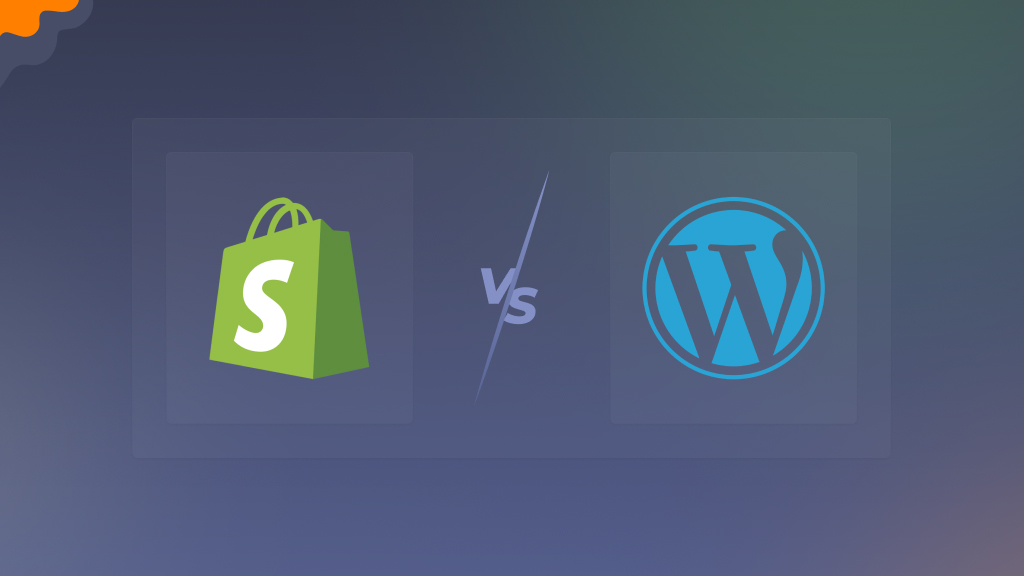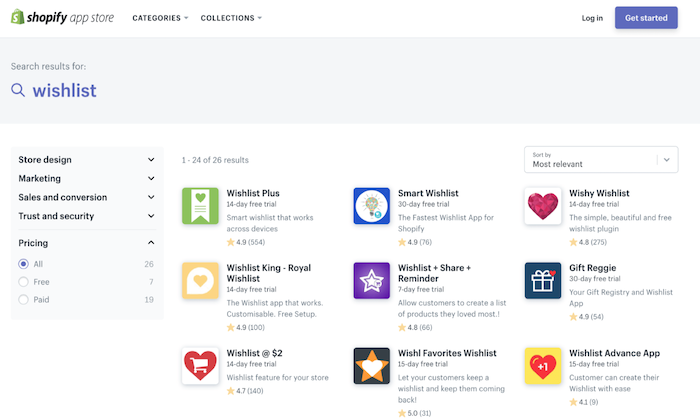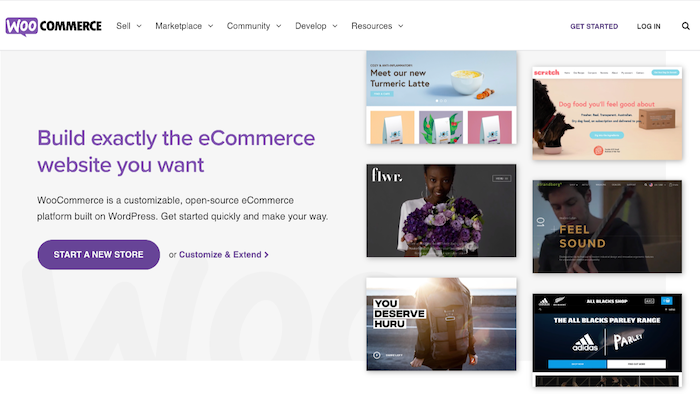
With the rapid evolution of the digital environment, it is crucial to select the right vacation when it comes to e-commerce. This article compares information regarding the two primary competitors in developing websites and providing online shopping support, WordPress and Shopify, to help you decide on the most advantageous solution for you and your project. First, let’s look at its features, flexibility, and practicality.
Understanding the Key Differences
Shopify is best for online selling, because it is easy to do and integrates it in your website with the most user-friendly themes for e-commerce. On the other hand, WordPress is the best for every type of website, because there are plugins that can be installed to make it for every kind of web site such as e-commerce.
Before we get into the details of each platform, it’s really important to know what your project needs. Do you need a basic online store, or a full feature website with a blog? Have you ever managed websites before, or are you new to this? Asking yourself these questions will help you decide which platform matches your needs and skill level.
eCommerce Operations Management

Shopify’s back-end management is clearly geared towards making the life of small businesses easier. Many order processing functions, including printing shipping labels and automating order routing for drop-shipping, print-on-demand and external fulfillment orders, can be automated. By contrast, multifaceted e-commerce management may require more tweaking with a solution that involves plugins such as WooCommerce running on WordPress.
Design Options and Customization: Shopify presents users with a myriad of custom options. On the other hand, WordPress empowers users to tailor the design of their website to their liking and preferences; however adapting to this shift on WordPress may demand a certain level of skillfulness or even necessitate roping in a web developer for assistance.
Payment Options and Added Fees: Both platforms offer a variety of payment processing options, but Shopify may incur additional transaction fees if you opt for third-party payment gateways. WordPress, on the other hand, provides numerous payment gateway options through plugins like WooCommerce without imposing extra transaction costs.
Multichannel Social and Marketplace Sales: Shopify excels in multichannel sales integration, offering built-in connections with major platforms like Facebook, Instagram, Amazon, and eBay. WordPress, through plugins like WooCommerce, also supports multichannel sales but may require additional extensions for full integration.
WordPress: The Versatile Powerhouse

WordPress is renowned for its exceptional flexibility, offering a free, open-source content management system (CMS) that caters to a wide range of websites, from personal blogs and portfolios to complex business sites and e-commerce platforms. Its adaptability makes it a popular choice for users of all levels, from beginners to advanced developers. WordPress boasts a vast ecosystem of themes and plugins, enabling users to create highly customizable, feature-rich websites with ease. Whether you want to integrate advanced functionalities like SEO optimization, payment gateways, or social media tools, WordPress provides endless possibilities for tailoring your website to meet your specific needs and goals. With complete control over design, content, and performance, WordPress is a powerful platform that grows with your business.
Shopify: All-in-One eCommerce
Shopify is the leading platform specifically designed for eCommerce websites, providing a comprehensive, all-in-one solution for businesses of all sizes. It comes equipped with essential tools for managing products, processing secure payments, handling shipping logistics, and streamlining order fulfillment. Shopify’s user-friendly interface makes it incredibly easy for users, even beginners, to set up and customize an online store without needing technical expertise. Additionally, its extensive app store offers a wide range of plugins and integrations to enhance functionality, such as marketing tools, inventory management, customer support, and analytics. With built-in SEO features, mobile-responsive themes, and reliable hosting, Shopify ensures your store not only looks professional but also performs seamlessly. Whether you’re a small startup or a growing enterprise, Shopify provides the scalability and support needed to expand your online business effortlessly.
Shopify Email Hosting: Pros and Cons
Shopify is an all-in-one e-commerce solution but does not come with built-in email hosting which hinders users from having domain-based email addresses like [email protected]. However, it integrates well with third-party email marketing services such as Mailchimp and Klaviyo to make up for this deficiency. Despite lacking email hosting, Shopify’s strengths include an easy-to-use interface, wide selection of apps, security measures, and adaptable plans for businesses. Although not without its flaws, Shopify is preferred by many businesses looking to enhance their online presence and streamline sales processes.
Conclusion
Your project’s specific needs and preferences will dictate the best platform choice for you. Shopify finds its niche with small to medium-sized businesses that deal primarily with online commerce; on the other hand, WordPress offers greater flexibility and customization options— more appealing to price-sensitive startups or small business owners. Through a thorough assessment of your project needs as well as your comfort level with website administration, you stand in good stead to make a decision rich in information and opt for a platform that enables you to develop a successful online identity.
Published: December 18, 2024






